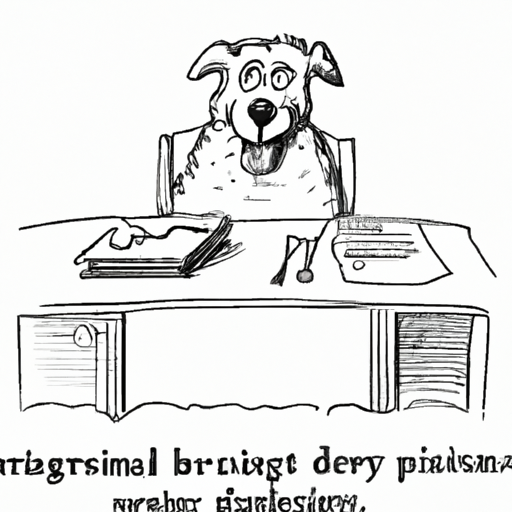As a caregiver, you’ve probably noticed how quickly your canine companion can polish off a meal. They seem to inhale their food rather than chew it. Have you ever wondered why that is? This article aims to answer that question and more.
1. The Anatomy of a Dog’s Mouth
Dogs have a different set of dental equipment than we do. Their teeth are designed to tear and crush, not to grind food like ours.
- Their incisors are small teeth at the front of the mouth used for nibbling and grooming.
- Their canine teeth are sharp and pointy, used for tearing meat.
- Their premolars are slightly flat at the top for crushing food.
- Their molars, the large teeth at the back, are used for crushing bones.
Their teeth are designed for a carnivorous diet, not for meticulous chewing.
2. The Role of Saliva in Digestion
Unlike humans, dogs don’t need to chew their food to start the digestion process.
- In humans, the enzymes in our saliva start breaking down food as soon as we start chewing.
- However, a dog’s saliva doesn’t contain these enzymes. Their digestion starts in the stomach, not the mouth.
Therefore, they don’t need to chew their food as thoroughly as we do.
3. The History of Feeding Habits
Historically, dogs are descended from wolves and other wild canines. These animals had to eat quickly to prevent their food from being stolen by other predators. This instinct still carries over in domestic dogs.
- They eat quickly to protect their food.
- They swallow their food whole to consume it faster.
4. The Impact of Modern Dog Food
Modern dog food, particularly kibble, is designed to be swallowed whole. Manufacturers ensure that the nutrients in the kibble are easily digestible.
| Kibble Characteristics | Why It’s Beneficial |
|---|---|
| Small size | Easy for dogs to swallow whole |
| Nutrient-dense | Even without thorough chewing, dogs can get the necessary nutrients |
| Easily digestible | Dogs’ stomachs can easily break down the food |
5. The Potential Dangers of Not Chewing
While dogs are designed to eat food whole, this can sometimes lead to issues such as choking or gastric dilatation-volvulus (GDV) in larger breeds. As a caregiver, it’s essential to be aware of these risks and to monitor your dog’s eating habits.
Frequently Asked Questions
Q: Should I train my dog to eat slower?
A: Yes, especially if they are a large breed or prone to digestive issues. Slow feeder bowls can help with this.
Q: Is wet food better for my dog than dry food?
A: Each has its benefits. Wet food is easier to chew and swallow, but dry food can help keep your dog’s teeth clean.
Q: My dog chews their toys but not their food. Why is that?
A: Chewing toys or bones is often more about enjoyment or dental health than about preparing for digestion.



